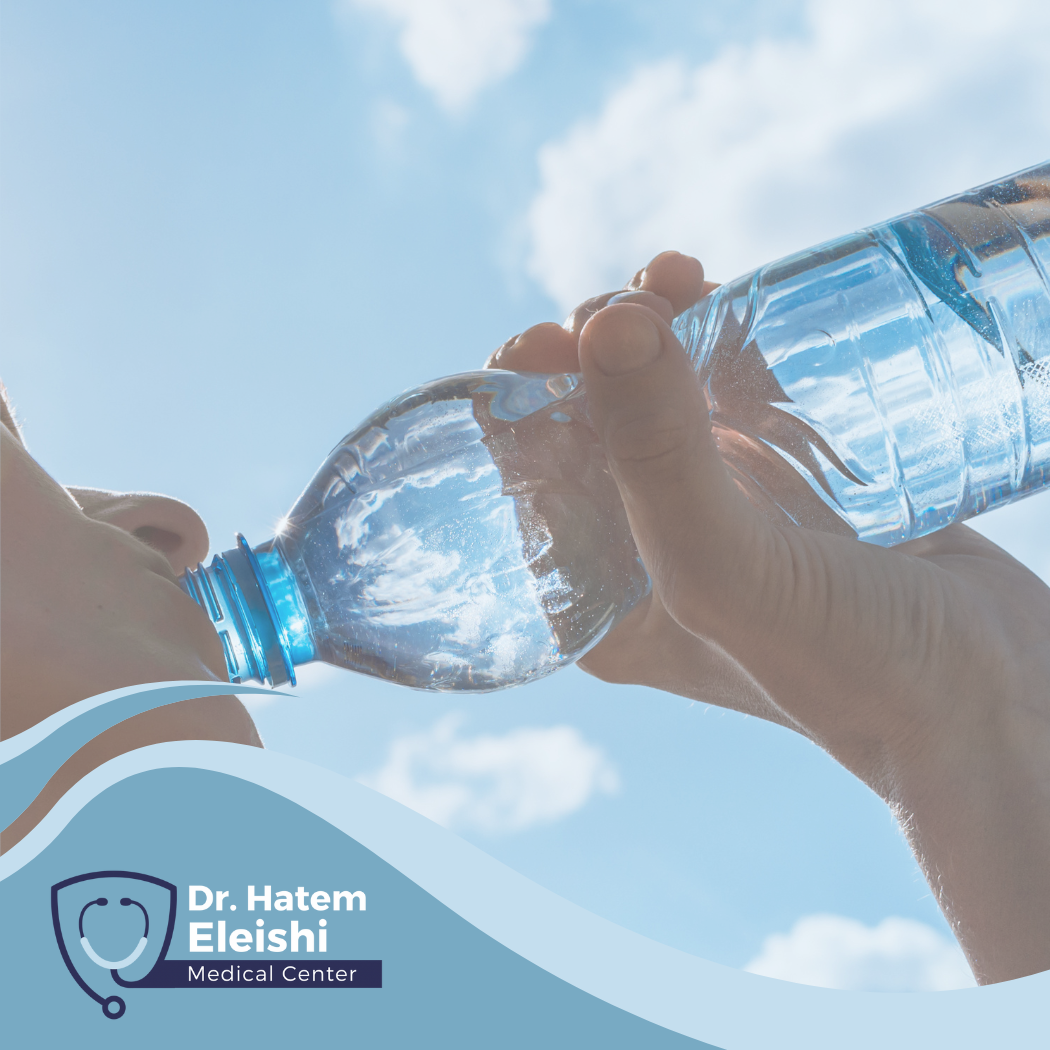
Dry mouth is a consequence of little or no saliva. There are several reasons for having dry mouth. One of them is having an autoimmune rheumatic disease like Sjogren’s syndrome or rheumatoid arthritis or other types of autoimmune arthritis.
Management of dry mouth in any autoimmune arthritis consists of two main lines:
The first is general measures and instructions that we give to all patients.
The second is medications. Which medications to use and at what doses and whether or not your case will benefit from them, depends on your particular condition that has been assessed by your physician.
One of the important functions of saliva is lubrication of the inner cavity of the mouth. So, if you have little or no saliva, you will have dry mouth, as well as difficulty with swallowing or speech.
But saliva has more functions than only lubrication of the inner cavity of the mouth. Saliva has antimicrobial effects. So, will little or no saliva, you might get fungal infections of the mouth and also infections of the gums. Also, saliva helps you clear food residues in the mouth. With little or no saliva, food residues will accumulate in the mouth and cause dental plaques and bacterial growth.
Also, saliva is alkaline and this helps to buffer the acidic medium created by fermentation of food which can cause dental caries. So, you see you can get quite a list of problems if you have little or no saliva.
So, what are the most important measures that you can follow if you have dry mouth?
Number one: measures for prevention of dryness
Two: local measures to stimulate secretion of saliva
Three: Artificial saliva or saliva substitutes
Four: basic dental care
----------------------------------------------------
So, we start with number one: measures for prevention of dryness
Examples of those measures include:
One: Maintaining good hydration by regular drinking of water or sugar-free liquids. Make sure to drink a full glass of water every one hour at least and not to take small sips of water every ten minutes.
Two: Avoid oral irritants as coffee, alcohol, and nicotine.
Three: Avoid acidic drinks such as carbonated beverages and juices.
Four: Rinse the mouth with alkaline solutions like sodium bicarbonate solutions
Five: If you want to use an anti-bacterial mouthwash, choose a mouth wash that DOES NOT contain alcohol or phenol.
Six: Avoid medications that may worsen oral dryness if possible, like flu medications and sleep medications.
Seven: If you have nasal dryness also, use measures to manage nasal dryness to ensure maintenance of open nasal passages to avoid mouth breathing.
----------------------------------------------------
Two: local measures to stimulate secretion of saliva, without medications of course. This works in those whose salivary glands can still produce some saliva.
One: Make sure that food is chewed carefully before swallowing.
Two: Try sugar-free hard candies and lozenges: flavored sugar-free tablets or oral drops are good and may also contain malic acid. This acid, which is normally found in fruits such as apples or pears, stimulates salivary flow.
Three: Also, maltose lozenges can also reduce symptoms of oral dryness.
Four: You need here to know the difference between products identified as “sugarless” and products that are “sugar-free,” as sugarless items may contain significant amounts of fructose, which can cause dental caries. You need sugar-free products.
Five: Try also chewing gums that are sugar-free also that contain xylitol.
Six: Consume certain foods as dried peaches or nectarines.
----------------------------------------------------
Number three: Artificial saliva or saliva substitutes:
If you do not have any saliva, if you cannot produce any saliva, maybe the measures just mentioned to stimulate saliva might not work for you. In that case we can use artificial saliva.
A number of artificial saliva preparations that provide more viscosity and lubrication than water are available, generally without prescription, and are dispensed as sprays, liquid rinses, gels, and lozenges.
For example, a patient may use a mouth spray before speaking to a group or before a long phone call, an oral solution before eating to help with difficulty swallowing and an oral gel to the inner side of the lips before bedtime.
----------------------------------------------------
Number four: basic dental care: Oral hygiene is so important:
One: Use a soft small-head toothbrush.
Two: Fluoride supplementation is also important either as toothpaste or as mouth rinse daily. There are several brands of toothpaste that are especially made for patients who have dry mouth.
Three: Use dental floss after each meal.
Four: Use dental hygiene appliances that help remove trapped food debris between teeth. Examples include interdental brushes and electric toothbrushes.
Five: Make frequent visits to the dentist: at least every six months.
Six: You also need to be aware of the symptoms of fungal infections of the mouth so that you manage them or consult your doctor if you develop